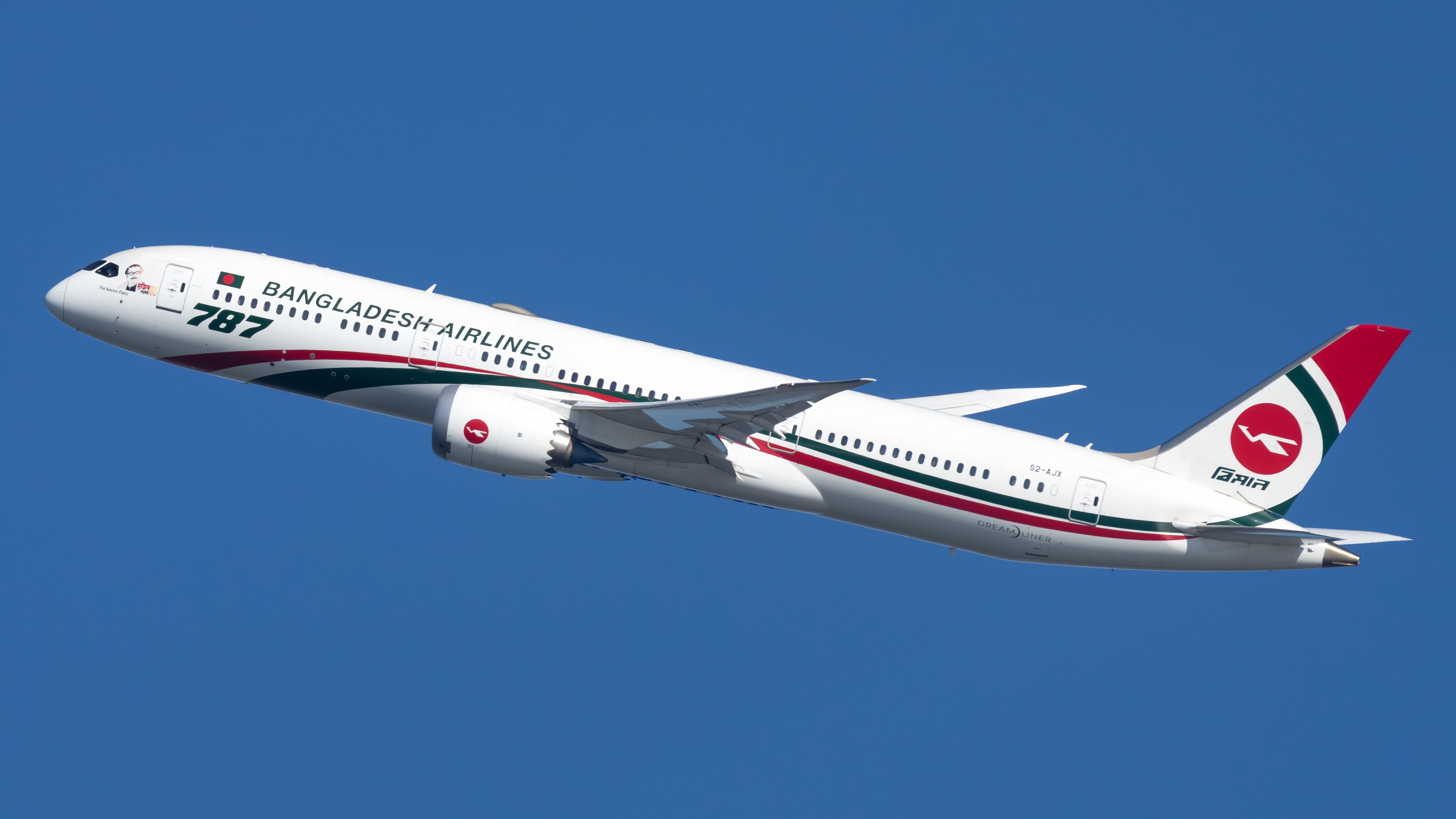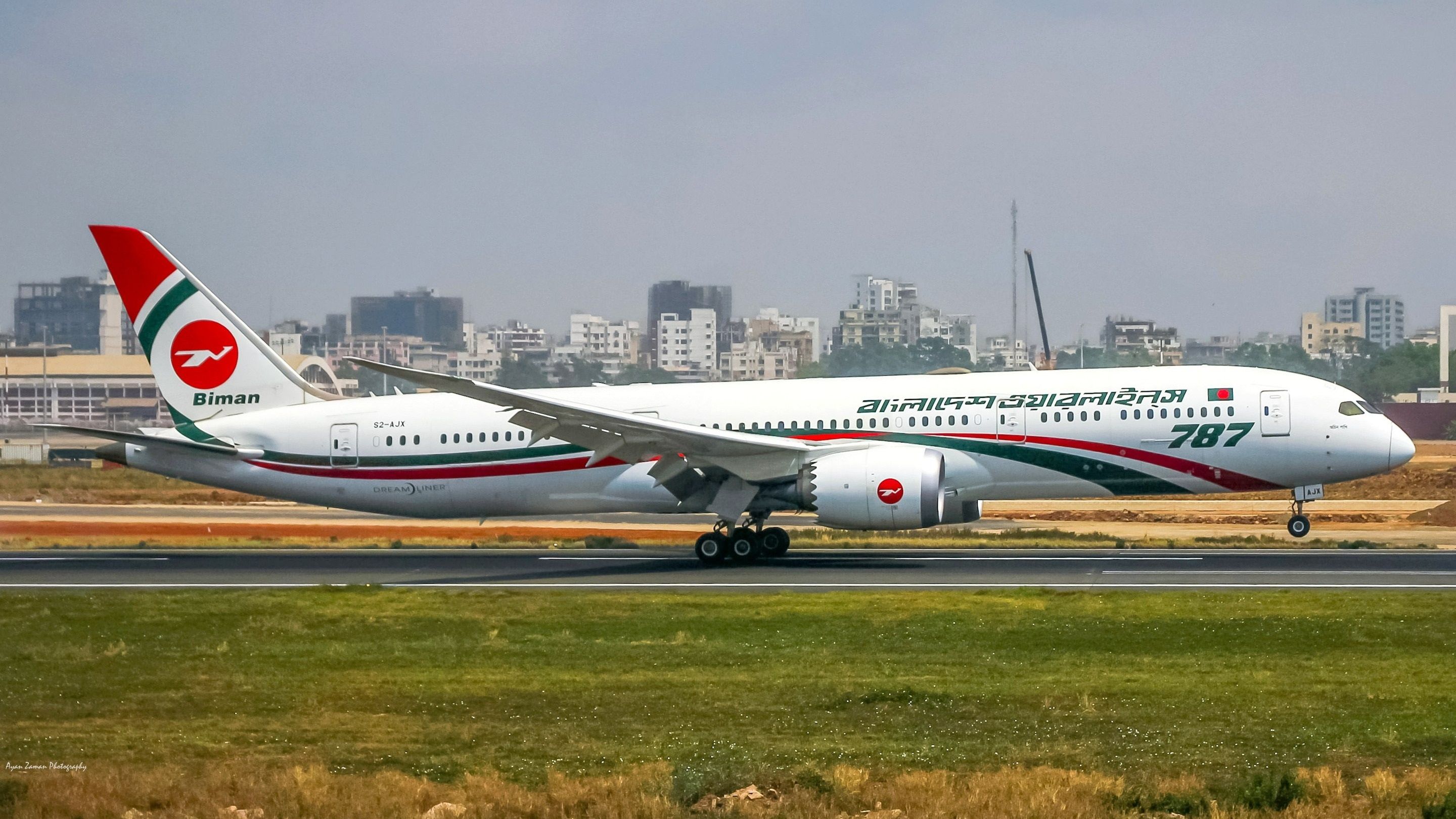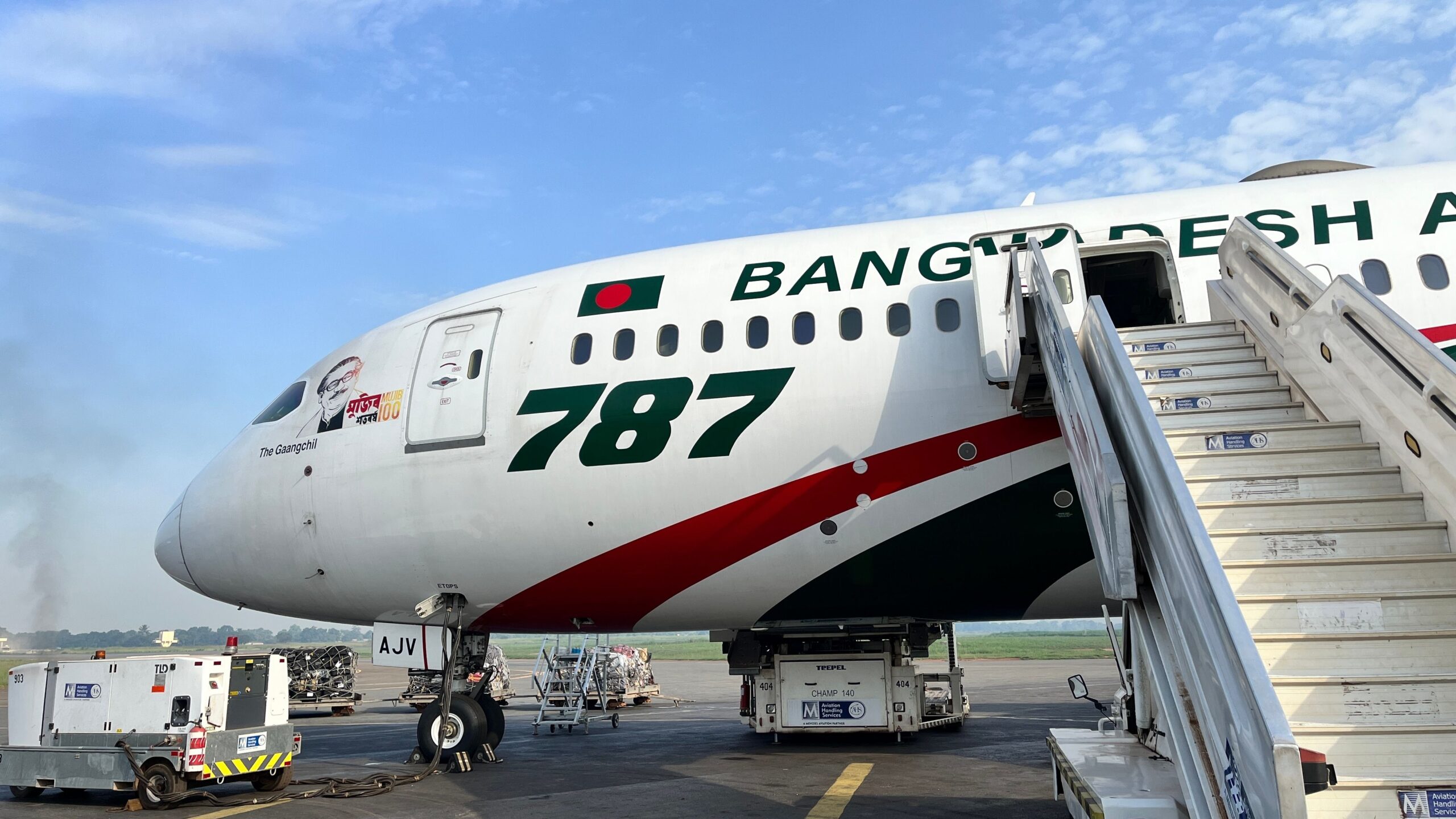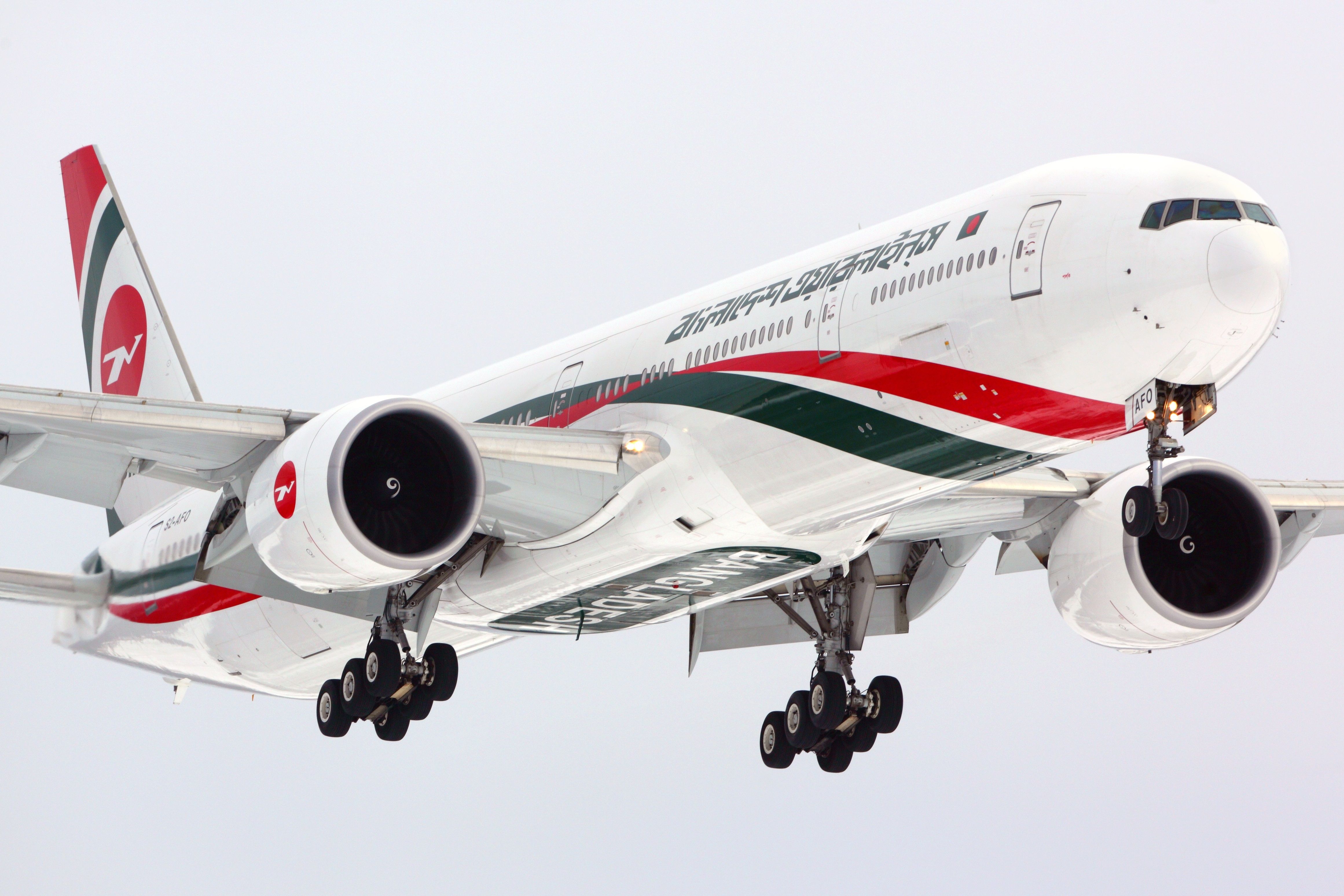Summary
- Biman Bangladesh is switching from Boeing to Airbus due to dissatisfaction with Boeing’s wait times.
- The decision is part of a long-term plan to mitigate risks and prevent weakening of the flag carrier.
- Despite facing financial challenges, Biman is investing in Airbus planes which will require extensive training and additional costs and the benefits may be put into question for the airline.
Bangladesh’s national carrier, Biman Bangladesh, is set to undergo a drastic switch from its historic aircraft provider, Boeing, to its European rival, Airbus. This move comes amid growing dissatisfaction with the long waiting times involving the American planemaker.
What motivated the switch?
During an interview with the Eurasia Times, Biman’s departing Managing Director and CEO, Shafiul Azim, elaborated on the reasoning behind the decision to make the switch.
“Any company can face bad times at any time. We’re negotiating with Airbus as part of a long-term plan to ensure we’re not in danger, that our strength doesn’t wane in the future, and that we’re not exposed to any risk”.
Azim referred to recent incidents and technical issues with Boeing’s 737 MAX aircraft as part of the risk they aim to mitigate.
In January 2024, the management of Biman, the national carrier, decided that acquiring Airbus A350 aircraft would not be financially advantageous. However, four months later, the airline reversed its stance and favored purchasing Airbus planes. This sudden shift highlights the dynamic and ever-changing nature of the aviation industry, where airlines must constantly evaluate and adapt to evolving circumstances to make strategic decisions.
This announcement by the board confirms the news that the French government leadership was already unveiled in September 2023.
French President Emmanuel Macron announced during a speech to journalists, as reported by Al Arabiya News. He revealed that Biman Bangladesh Airlines (Biman) has committed to purchasing ten A350 aircraft from Airbus.
Photo: Fasttailwind I Shutterstock.
This announcement signifies a significant change in the airline’s approach to fleet planning, as it has historically favored Boeing aircraft. Although Biman has previously operated six A310-300s from Airbus, Boeing planes have been predominant in the carrier’s fleet. This move marks a notable shift in Biman’s procurement strategy, and it will be interesting to see how this decision impacts the airline’s operations and plans.

Related
Biman Bangladesh Restarts Dhaka To Tokyo Narita Flights After 17 Years
The route will be served thrice a week with the airline’s Dreamliner aircraft.
Will it be beneficial for the airline?
Despite making strategic shifts, Biman is facing significant challenges. In the last fiscal year, the airline lost Tk 25.91 crore in its primary business, flight operations. Biman is experiencing losses on most of its 22 international routes, with profitability limited to flights to Jeddah, Singapore, and Kuala Lumpur.
The carrier’s other services, including ground and cargo handling and catering, and its farm, Biman Poultry Complex, are helping to sustain its operations.

Related
Biman Bangladesh Applies To Operate Boeing 787 Flights To The USA
It would mark its return to the US. but there are major problems.
Transitioning to a mixed fleet will require significant expenditures. While Biman estimated a cost of US$80 million for this transition, Boeing calculated it to be US$146 million. The introduction of Airbus aircraft will require extensive training for new crews and engineers, adding to the cost and complexity of the transition. Additionally, Biman must invest US$61.8 million in spare engines and parts for the Airbus planes.
What do you think of this U-turn for Biman? What configuration would you like to see on these brand-new airplanes? What destinations would you like to see on their A350? Let us know your thoughts in the comments.


_(42139193864).jpg)
